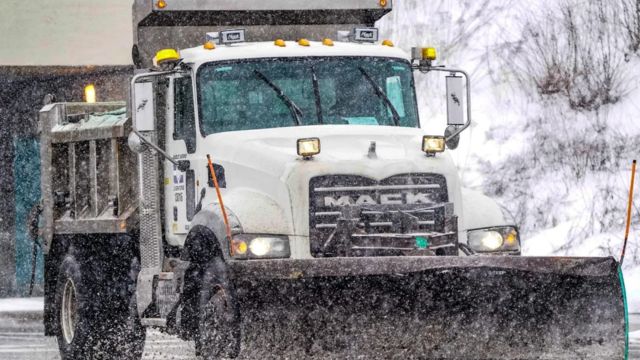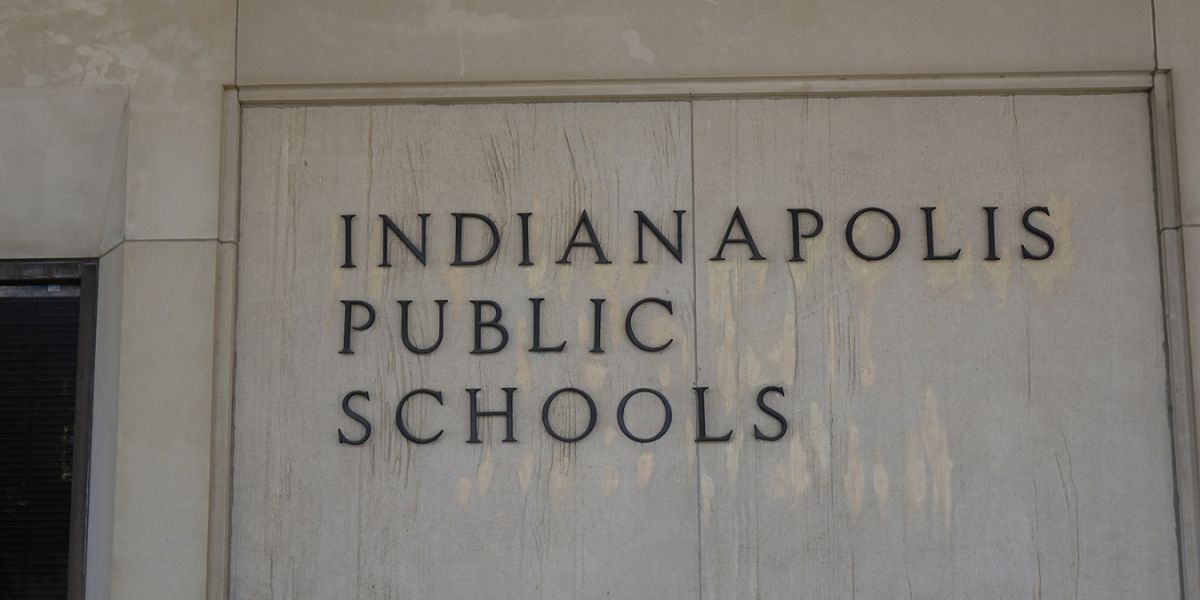INDIANAPOLIS ( CHALKBEAT INDIANA ) — New legislation would require Indianapolis Public Schools to relinquish control over its facilities and transportation to appointed boards that would eventually gain the power to impose property taxes.
House Bill 1501 would create two boards to manage transportation and facilities for Indianapolis Public Schools starting in 2026, making these assets available for sharing with charter schools. The transportation board would also allow private schools to access transportation, although it’s unclear if the same applies to the facilities board.
The bill would also create two such boards for four other Indiana school districts: Gary Community School Corporation, Union School Corporation, Tri-Township Consolidated School Corporation, and Cannelton City Schools, according to the bill’s fiscal impact statement . These districts would have no direct control over who serves on the boards.
These boards would operate under a three-year “pilot program” from 2026 to 2029, after which the boards would take over the facility and transportation assets permanently. By the 2029-30 school year those boards would also have the power to levy property taxes for transportation and facility needs.

The legislation was authored by Rep. Bob Behning, the Republican chair of the Indiana House Education Committee. It’s the latest proposal to target those districts, which would be required to participate in the pilot because less than 50% of students within the districts’ boundaries attend schools operated by the district. A separate bill would require the same five districts to dissolve and be replaced with charter schools — a proposal that IPS leaders have fiercely criticized.
The bill also adds to longstanding pressure on IPS with respect to property taxes. Charter school advocates have pushed for the district to share property tax revenues and school buildings with charters as district enrollment declines in its traditional schools.
DC, Maryland, Virginia Schools Announce Closures and Delays for January 21
EmpowerED Families, a pro-charter group, has also pushed for the legislature to launch a school transportation pilot program in Indianapolis. Charter supporters have said their schools don’t get adequate support for transportation from state funding and local property taxes.
Both boards would be responsible for managing facilities and transportation-related debt during the three pilot program years. Both boards would also have the power to approve or deny any property taxes that the school districts levy during the pilot years.
Behning said the intent is to save money and expand services to more students. He compared it to the Capital Improvement Board in Indianapolis, which manages the city’s facilities.
“You could do something similar and have experts managing facilities rather than have school officials who are really experts at teaching and not experts, necessarily, at property management,” he said.
Behning said the idea for a facilities board came from constant battles over ownership of school facilities. He also wants to boost access to transportation for charter school students.
“Choice is not really a choice if you can’t figure out how to get there,” said Behning, who noted that he’s open to discussions about the bill. “This opens the door a little bit more to giving parents more options.”
IPS would still be responsible for running other operations, Behning said, like crafting a budget that excludes those expenses and hiring staff.
IPS did not immediately respond to a request for comment.
The district, which most recently closed six schools in 2023, has fought to exclude those buildings from a state law requiring school districts to sell or lease closed school buildings to interested charters for $1. A lawsuit the district filed that year seeking relief from the law is ongoing in a state Court of Appeals.
The transportation and facilities boards for IPS would consist of five members each. The mayor would appoint two, and the City-County Council, the speaker of the state House of Representatives, and the president pro tempore of the state Senate would each appoint one. District employees and school board members would be prohibited from serving on the boards.
The local facilities board would create a plan to assess school buildings, implement best practices for building management, conduct maintenance, and review other school building needs. The transportation board would create a plan focused on increasing transportation collaboration between schools, sharing assets, and planning vendor contracts.
The bill awaits a hearing in the House education committee.




